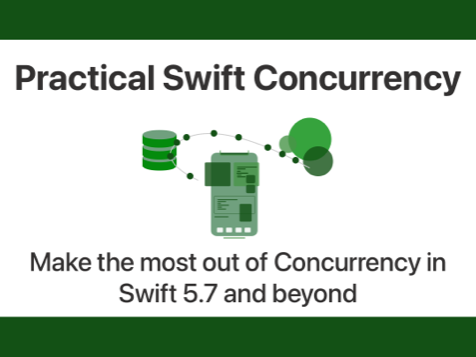How to unwrap [weak self] in Swift Concurrency Tasks?
Published on: September 18, 2025As a developer who uses Swift regularly, [weak self] should be something that’s almost muscle memory to you. I’ve written about using [weak self] before in the context of when you should generally capture self weakly in your closures to avoid retain cycles. The bottom line of that post is that closures that aren’t @escaping […]
Read post

